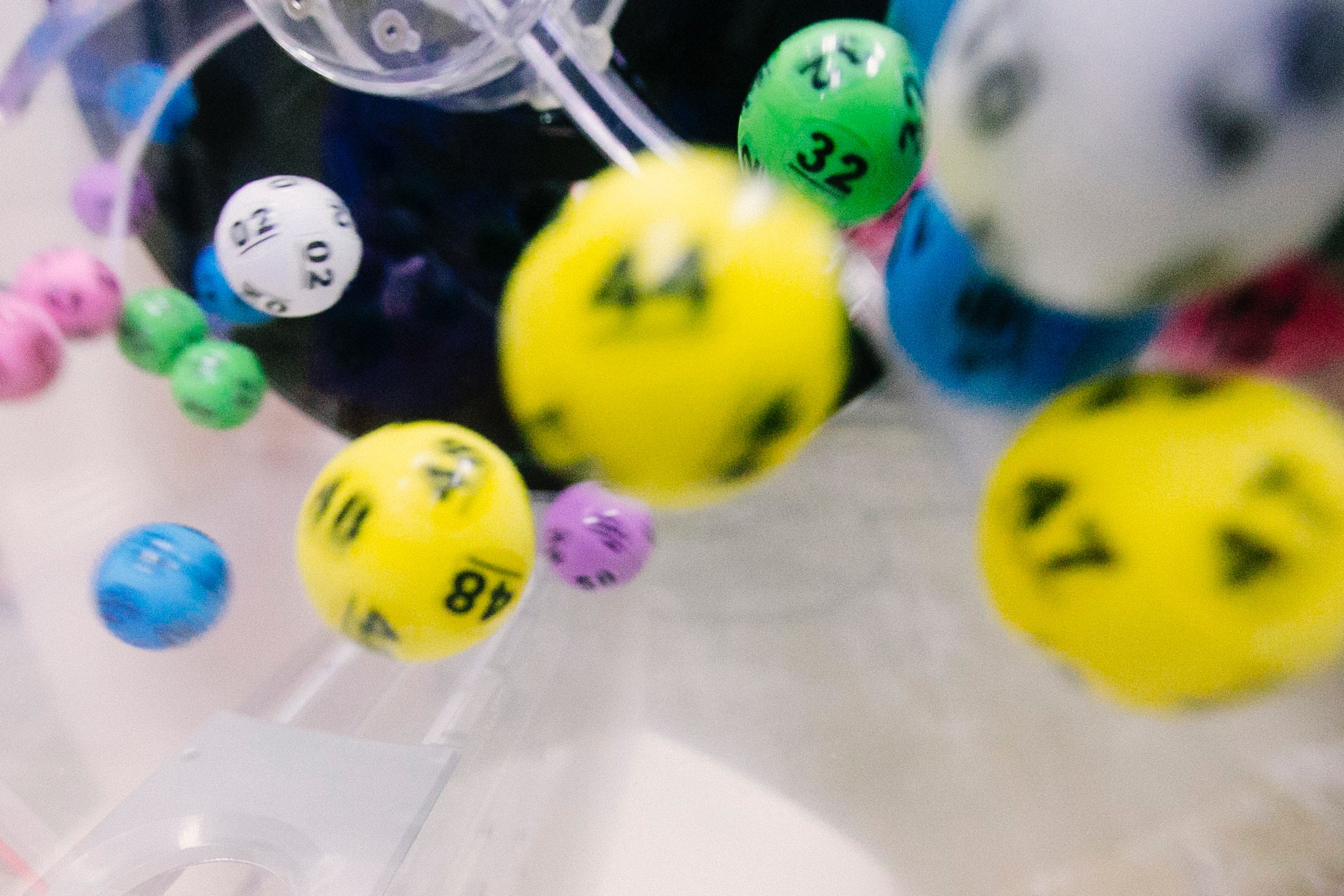
Pennsylvania Lottery earned a big court victory over its gambling business cuisine this week.
The judge ruled that the lottery’s new Internet-based games do not interfere with the online games market that the state’s casinos operators paid $10 million each to start their business over the years.
Both trials were launched in the interest of a massive gambling expansion bill which was passed by the General Assembly in 2017 and signed into law by Governor Tom Wolf.
Before the launch of the casino’s new online offering in 2019, the official was alarmed about the lottery’s online gaming design that, according to the casinos, threatened them to seriously disrupt the market.
Seven casino operators, including five state’s racetrack casinos and the operators of Live! Casino Philadelphia, which is the city’s stand-alone casino, has filed a lawsuit.
The lawsuit asks the government to eliminate or add new limits on the other offerings.
As per the casino’s lawsuits, “At least nine iLottery games have the same titles and/or themes as popular slot machines offered on Pennsylvania floors or online casinos in other states.”
Noted by the Casinos, lottery games have a payout up to 81-89% which is much closer to 85%, which is a minimum payout for Pennsylvania’s traditional slot machines.
The casino operators also urged the Department of Revenue that looks into Lottery, that the suppliers should agree not to sell the same games to Pennsylvania casinos.
The casino operators claim that Lottery games are more or fewer casino games that would otherwise be offered or sold to casino operators.
Judge Renee Cohn Jubelirer, in her finding, said that the similarities in the games are more dependent on the functional evolution of the entertainment market and technology innovation rather than any intentional franchise violation.
Jubelirer wrote in her part, “the features of iLottery games challenged by petitioners are not signature, iconic, or key features particular to casino slot machines. ”
“Rather, they are features that: relate to technological advances in online gaming; are based on online entertainment and gaming, as well as existing entertainment sources like television and board games which have indisputably inspired both iLottery games and slot machines game designers; or existed in the same or the similar fashion in traditional lottery products that were translated into a new online medium.
While dismissing the case, she concludes, “to preclude either one of these newly authorized online games – iLottery or interactive gaming – from taking advantage of technological advances, changes in gaming and entertainment, or features that are found in existing popular entertainment.”

